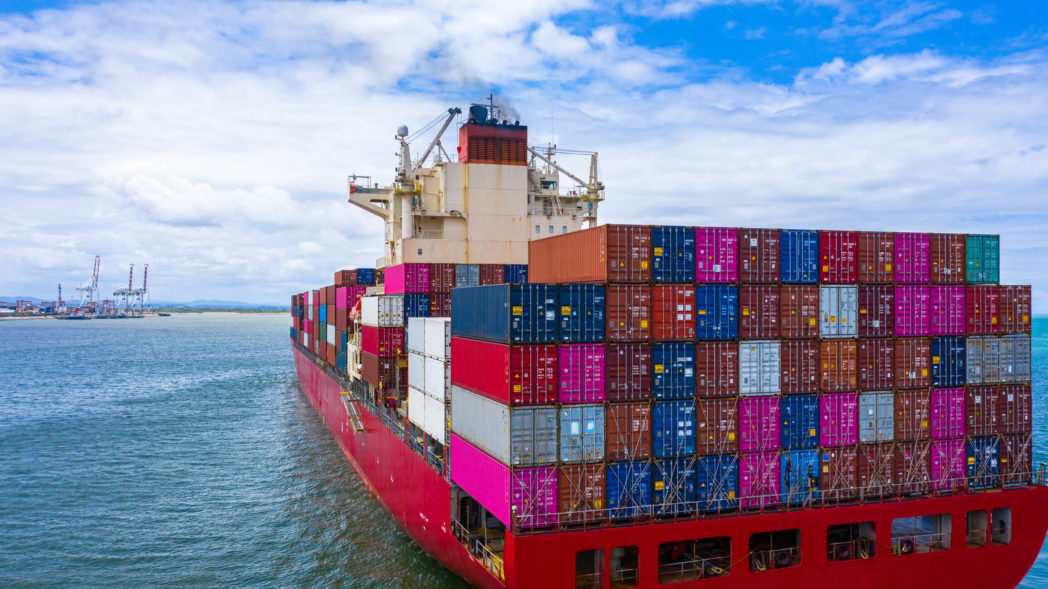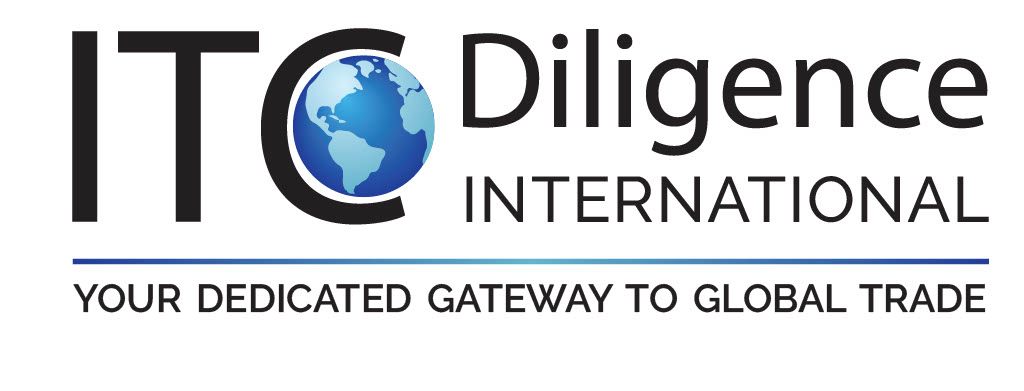Usually, when we want to make a discretionary purchase, we take time and effort researching and learning about this purchase and the opportunity loss it presents. Imagine you did exactly that for a new toy. It doesn’t matter what kind of toy it is; it could be big or small, expensive or not, but you really took your time to make sure you built up enough confidence in your purchase and that it satisfied your need.
After waiting the expected amount of time for your new toy, you get an email letting you know about delays in transit. This doesn’t seem like a big deal, except the people who sent you the email don’t truly understand the gravity of your delayed toy delivery. Off the coast of Long Beach and Los Angeles there are hundreds of barges anchored at bay awaiting rail delivery of their cargo. It’s a complete mess and it’s not the first time this has happened.
In the first quarter of 2021, and through most of 2020, supply lines were strained. The global pandemic limiting physical presence on worksites, coupled with the incredible convenience and appeal of online shopping, created a situation where imports spiked through the roof yet there weren’t enough hands to process all these shipments. Los Angeles reported an increase of more than 25% in TEU imports year over year for June. A Twenty Foot Equivalent or TEU, is the standard measurement for containers used in importing and exporting. July marked the 12th consecutive month of year overgrowth in imports with back-to-school shopping accounting for much of that incredible milestone. Covid cases are on the rise again and with holiday shopping around the corner, it’s easy to see the outcome of this equation.
Your shiny new toy isn’t going to arrive for quite some time. If March of 2021 is any indication, we could see supply lines delayed as much as a week.
In July, cargo waiting on deck to be delivered by rail stayed waiting for over 13 days. The Executive Director of the Port of Los Angeles, Gene Seroka, has noted that this 13-day wait is the longest in the history of this port. “Street dwell times for warehouses was 8.3 days in June, close to the spring record of 8.8 days,” Seroka continued. “Anchorage and dwell times are trending in the wrong direction and the bottleneck looks to be increasing. We will be watching this very closely,” was his warning, painting a stark vision for the near-term future of the Los Angeles import authority.
“Warehouses are filled to the rafters and truck and rail services are struggling to keep up, making it difficult to lessen dwell times at terminals” Seroka described.
What’s making a bad situation worse is that America is simply not exporting much.
“Exports are down 28 of the last 32 months,” Seroka explained, further detailing that, “Even as Americans return to airline travel, vacations, and in-person events, retail sales and ecommerce remain robust. But exports are really weak.” When exports are down, the port workers have the challenge of managing empty containers to send back to Asian countries. These containers typically are turned around quickly for refilling reuse, but the lack of exports means empty containers are being sent back. Seroka remarked that ‘air’ is the biggest export of America right now.
If you are a business owner trying to navigate the border customs importing and exporting rules while enduring the challenges that the Port of Long Beach and Port of Los Angeles are dealing with, ITC Diligence is here to tell you: there is a better way.
Foreign Trade Zones, or FTZ’s are designated areas within the port authority that allow you to hold goods and products, for a time, with lowered customs duties and greater control over how and when your products are shipped. This unique strategy means you can run your business the way you want to rather than reactively navigating legal landmines.
ITC Diligence remains one of Southern California’s top Foreign Trade Zone operators and has been the cornerstone of managing border and customs duties for clients since the 1970’s.
“Warehouses are overflowing, rail yards and carriage are maxed out, chassis containers continue to be hard to come by, ships are coming in and wanting to get worked on, and factories are behind on their orders even though their output has been at record levels,” Seroka continues to outline and describe a situation that is only going to get worse in the latter half of the year. As a business owner, it is imperative that you operate your business in a manner that remains adaptable and can pivot to overcome such challenging variables. Foreign Trade Zones are your doorway into the control and flexibility needed to weather storms both politically and economically.
Speak with one of our FTZ experts today to learn about the many ways that utilizing a Foreign Trade Zone will empower you to focus on what you do best, knowing both the goods needed to operate your business, and the brand-new toy you just ordered, are being handled efficiently and with care.

